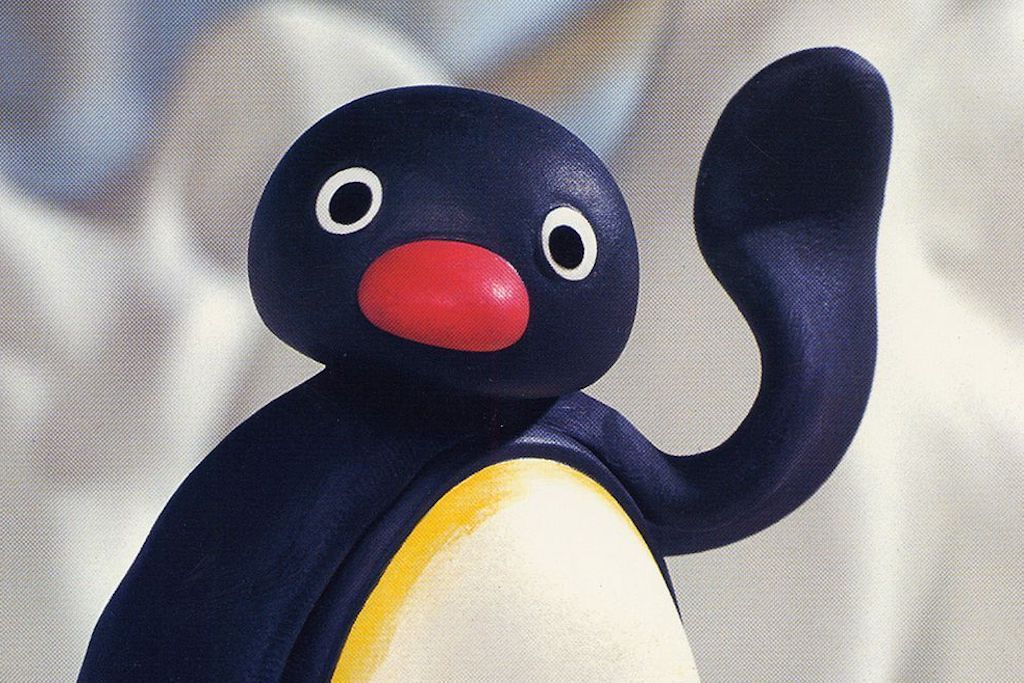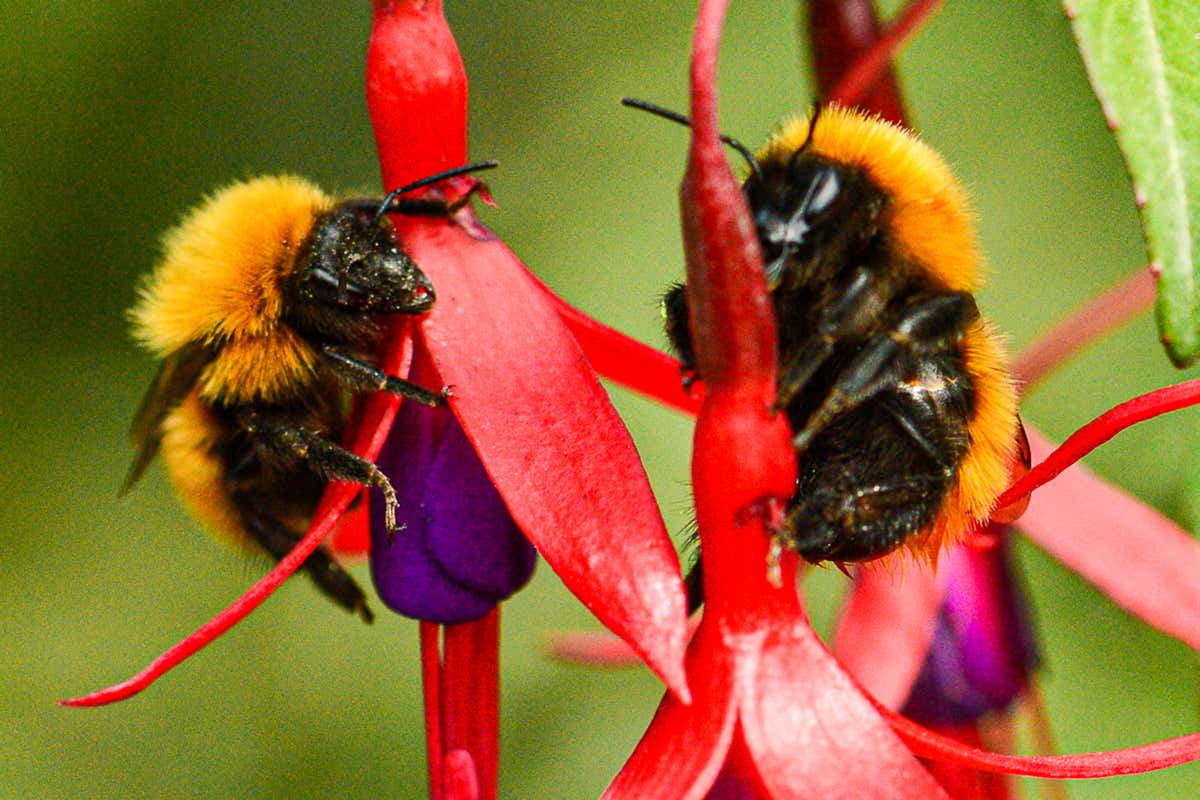They found that there were a quarter fewer species reported between 2006 and 2015, as compared with the records we have from before 1990.
The decline is especially alarming considering the number of bee records in this database has increased by around 55 per cent since 2000, so it isn’t down to a lack of observations.
It may not necessarily mean unrecorded bee species are extinct, but they are now rare enough that people who tend to report bee sightings aren’t encountering them.
The destruction of natural habitats, heavy use of pesticides and climate change could explain this decline in species richness, says Zattara.
“We are producing more food to feed our growing population,” says Zattara. “[We are] using highly economically convenient ways to grow single-culture crops, which is removing a lot of the bees’ natural habitat.”



No worries. We can use robot pollinators which will create jobs. It's a win-win! Isn't capitalism great?
In either case, most of the actual pollinators will be done by small robots. And as you go forth today remember always your duty is clear: To build and maintain those robots.
deleted by creator
That reminds me of that Black Mirror episode on exactly these kind of tiny drones.